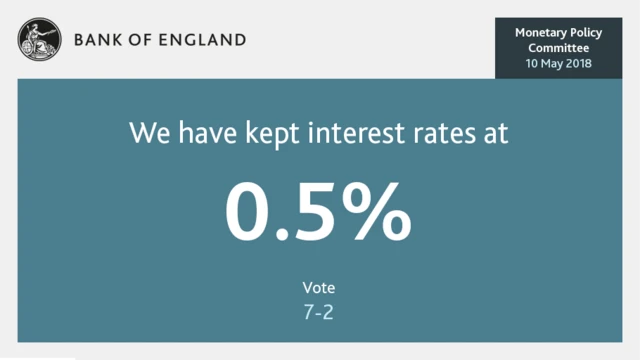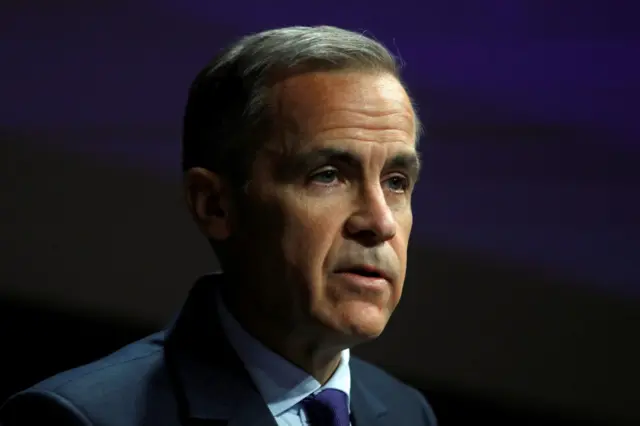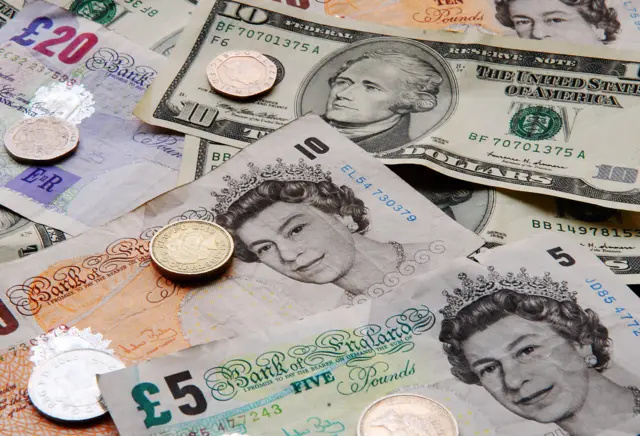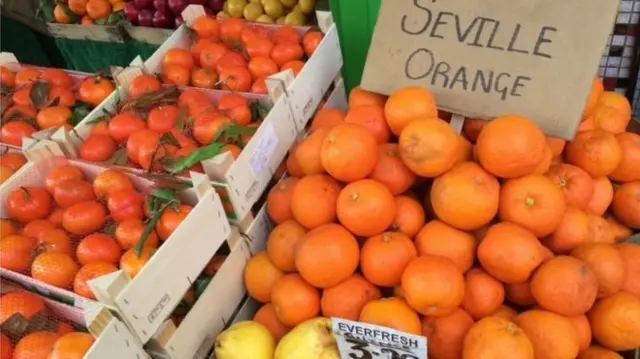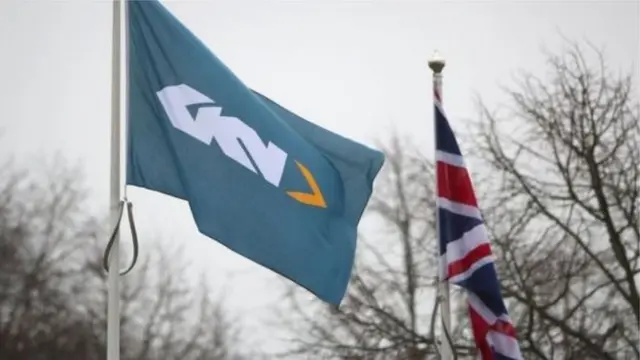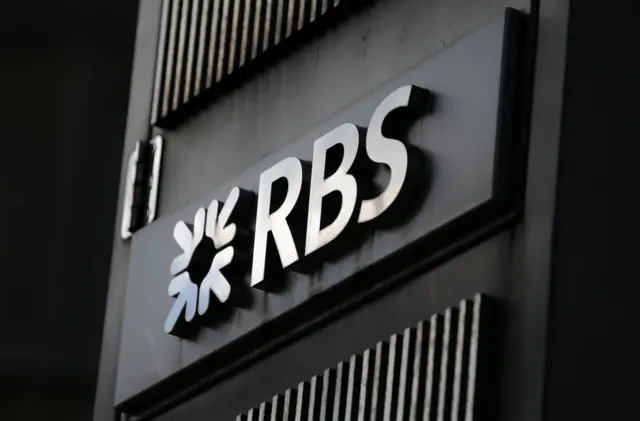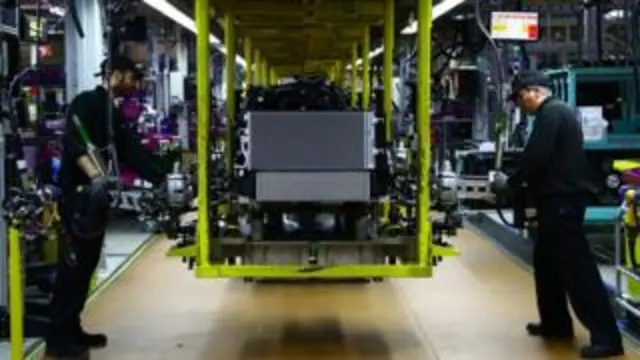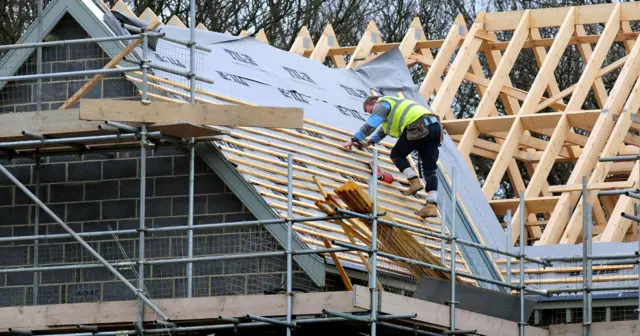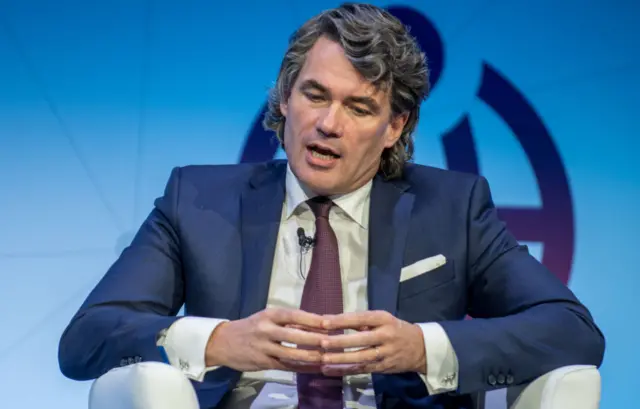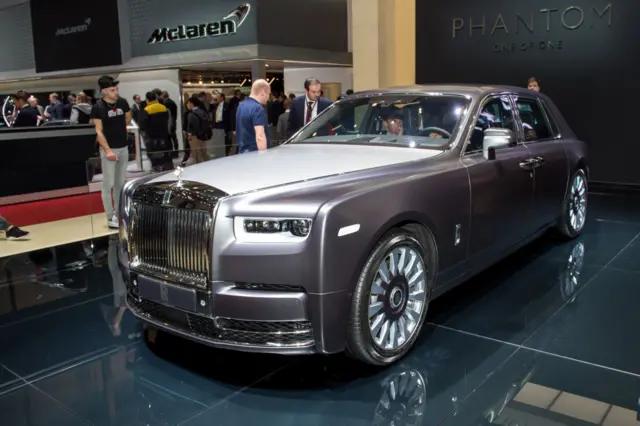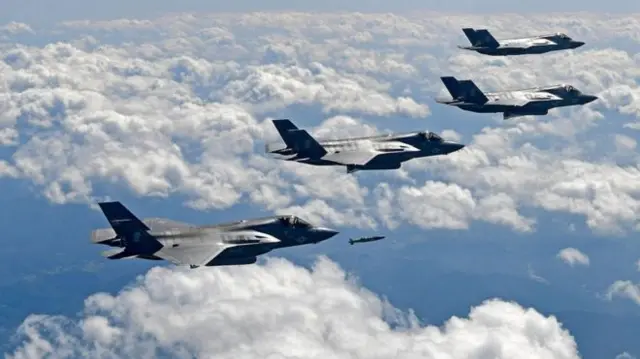An over-reaction?published at 12:11 BST 10 May 2018
Viraj Patel, a strategist at ING Economics tweets...
Allow X content?
This article contains content provided by X. We ask for your permission before anything is loaded, as they may be using cookies and other technologies. You may want to read X’s cookie policy, external and privacy policy, external before accepting. To view this content choose ‘accept and continue’.
